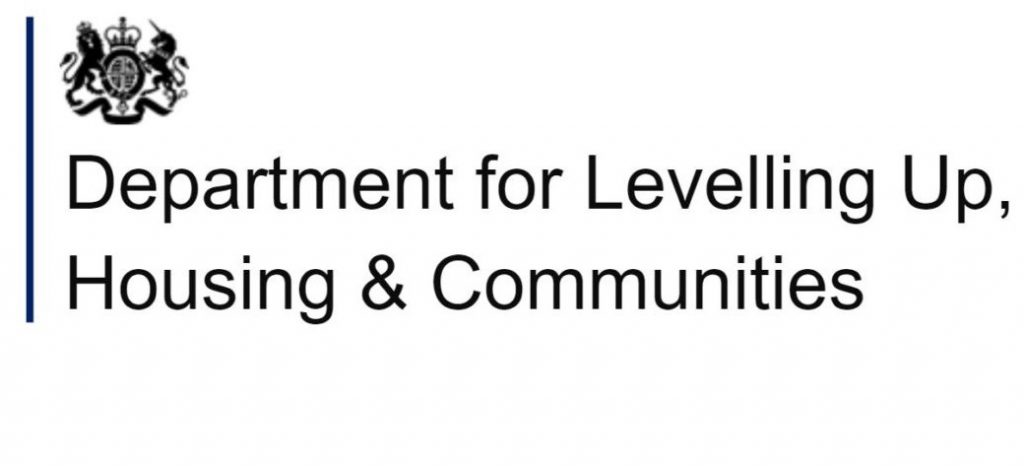
0:01 AM, 11th July 2023, About 10 months ago 11
Text Size
The Government’s plan to reform the rental sector may have unintended consequences for tenants, the Daily Telegraph reports.
The Renters (Reform) Bill, championed by the housing secretary Michael Gove, aims to protect renters from unfair evictions and improve standards in rented properties.
However, a government net assessment analysis warns that the Bill will also increase the costs and risks for landlords, who may decide to exit the market or raise rents to cover the expenses.
The report, by the Department for Levelling Up, Housing and Communities (DLUHC) estimates that the Bill will add £17 per year to the average landlord’s costs per property.
That’s equivalent to 0.2% of the mean annual rent in England.
However, the report acknowledges that some or all of these costs may be passed on to tenants, resulting in higher rents – but landlords leaving the PRS is ‘unlikely’.
It also suggests that the benefits of the Bill for tenants, such as greater security and quality of housing, may be worth up to £17 per year.
Though landlords could be ‘discouraged’ from investing in the sector as a result.
The Bill will abolish section 21 ‘no-fault’ evictions, introduce lifetime deposits and strengthen the regulation of letting agents.
The Government says the Bill will create a fairer and more balanced rental market, where tenants have more rights and landlords have more confidence.
The Bill has also faced opposition from some Conservative MPs, who accuse the Government of being ‘anti-landlord’ and neglecting the needs of homeowners.
They say the Bill will undermine property rights and create more red tape and lawsuits.
Instead, the MPs say the Government should focus on building more homes and supporting home ownership instead of hampering the rental market.
The Telegraph says the impact assessment states: “Landlords will likely offset some of the costs of the regulation through rental price growth – though there is a chance that some may be inclined to leave the PRS (private rented sector) if they are unable to recover some of the costs incurred through raising rents.
“The extent to which this occurs is dependent on tenant incomes and overall demand in the sector.”
The impact assessment also claims that landlords will only remain in the PRS ‘dependent on the relative attractiveness (financial returns) of residential letting compared to other investment opportunities such as government bonds, bank deposits and pension annuities.”
The report goes on to say that the small rise in costs will not be substantial but warns that tax changes and interest rate rises “would likely have a far greater impact on the supply of properties given the financial implications of these.”
The Bill is needed, the report states, because tenants face ‘a lack of housing security and quality’ that damages ‘health, wellbeing, educational attainment, productivity, and families’ ability to put down roots’.
It also states that ‘no-fault’ evictions are ‘expensive … exacerbating affordability challenges for private tenants’.
A spokesperson for the DLUHC said the Bill will deliver “a better deal for renters and landlords”.
They also said that banning section 21 ‘no-fault’ evictions would bring greater security for tenants and make it easier for landlords to get rid of anti-social tenants.
The spokesperson added: “The impact assessment estimates the net cost of our reforms on landlords are minimal.
“The assessment is also clear this is unlikely to lead to landlords leaving the sector and will improve housing quality overall.”
Previous Article
Top Property Investment StrategiesNext Article
Should we be offering our tenants a rent reduction?
Stella
16:48 PM, 6th August 2023, About 10 months ago
Reply to the comment left by anthony altman at 06/08/2023 - 12:07
and these councils wonder why they cannot persuade landlords to rent their properties to them to help with their waiting lists.
This sounds like the sort of justice we could expect if we lived in North Korea.